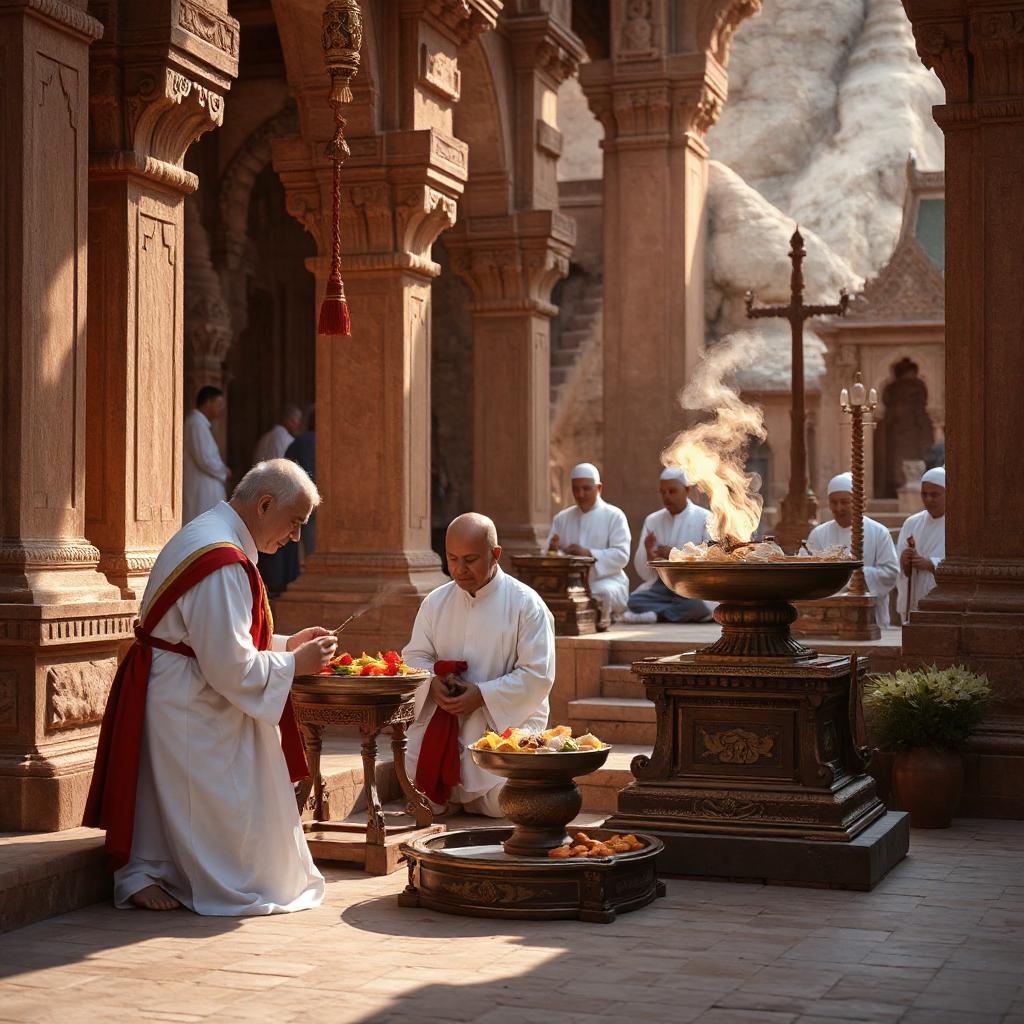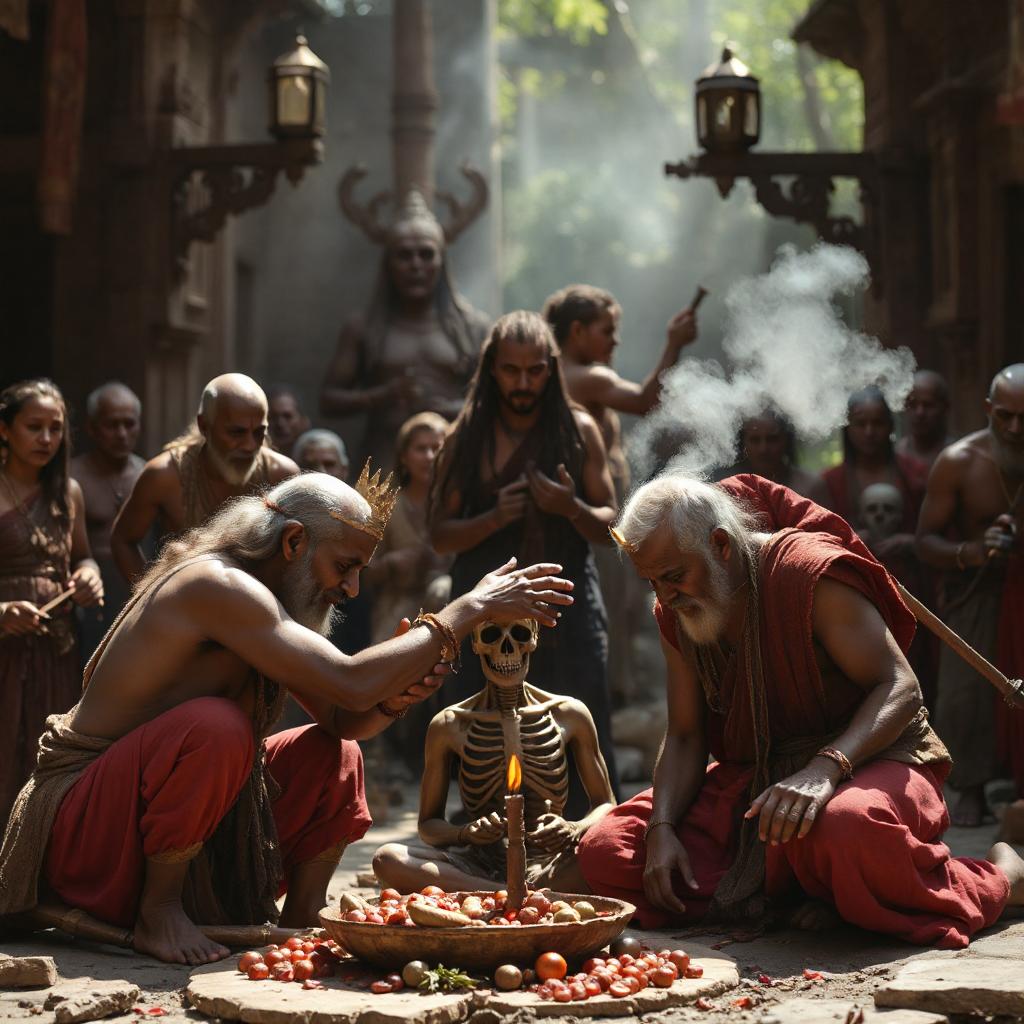Estimated Reading Time: 2 min
Ancient Egyptian worship involved various rituals and practices that were integral to their religious life. Here are some key rituals associated with the worship of their gods:
Symbolic Actions – Rituals often included symbolic actions, such as lighting incense to represent prayers rising to the heavens or pouring water as a symbol of purification. These rituals were essential for maintaining the relationship between humans and the divine, ensuring that the gods were honored and that cosmic order was preserved.
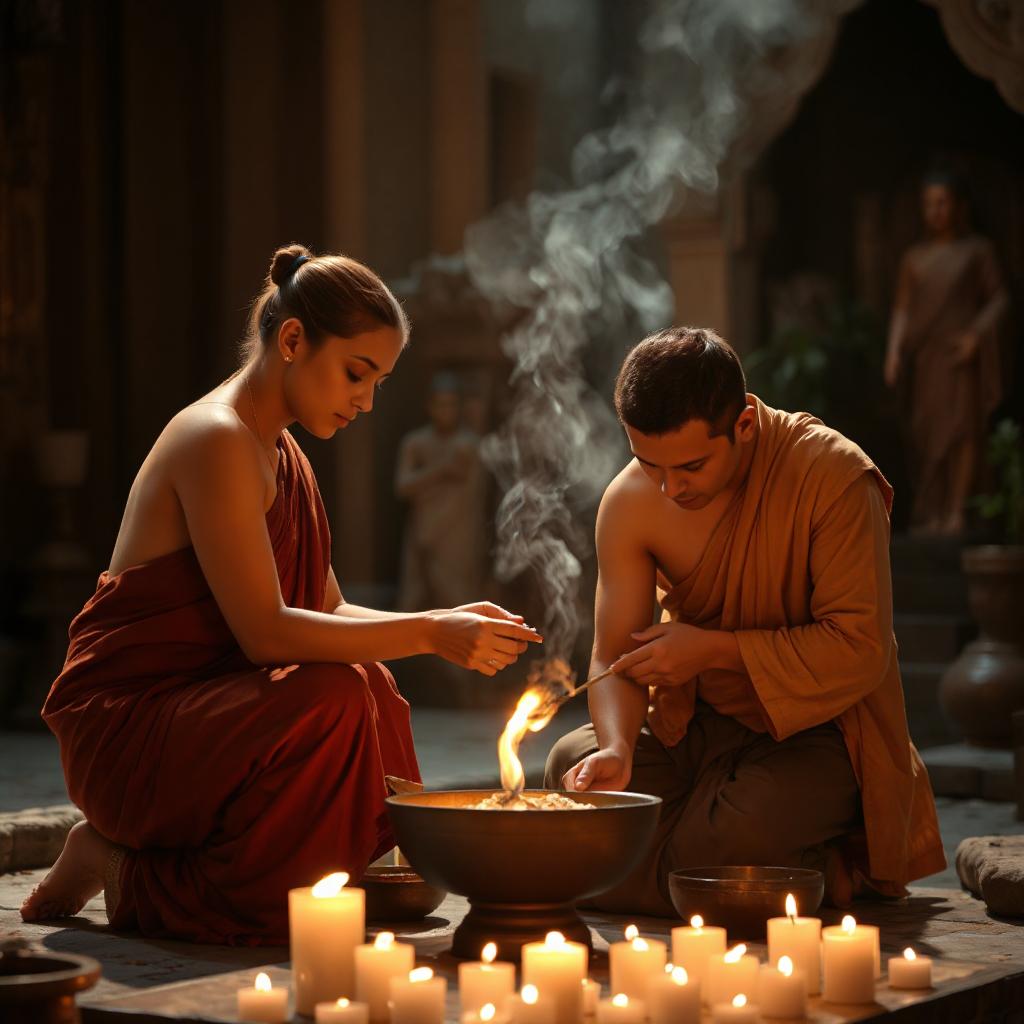
Divination – Priests sometimes engaged in divination practices to interpret the will of the gods, often using methods like reading omens or consulting sacred texts.
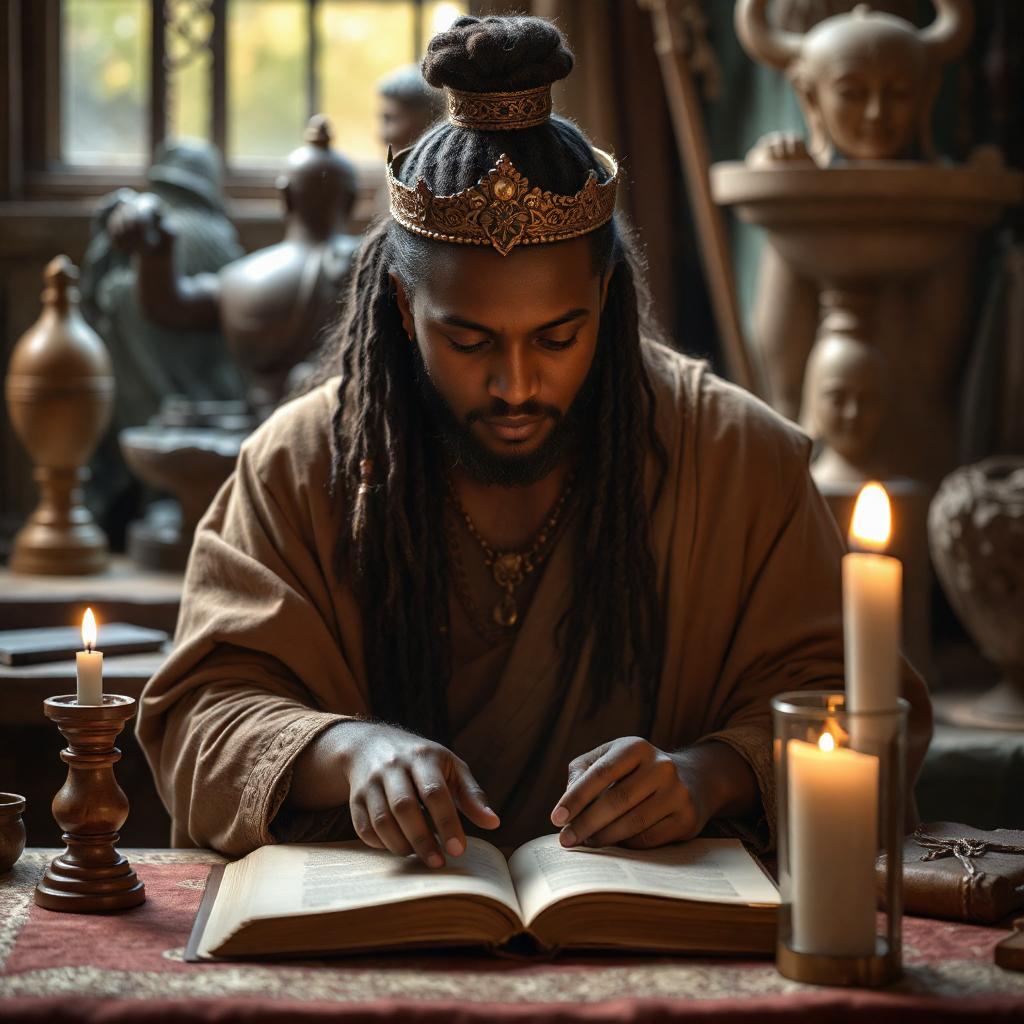
Temples and Sanctuaries – Temples were built as sacred spaces for worship. Rituals often took place in the inner sanctum, where a statue of the god was housed, and access was typically limited to priests.
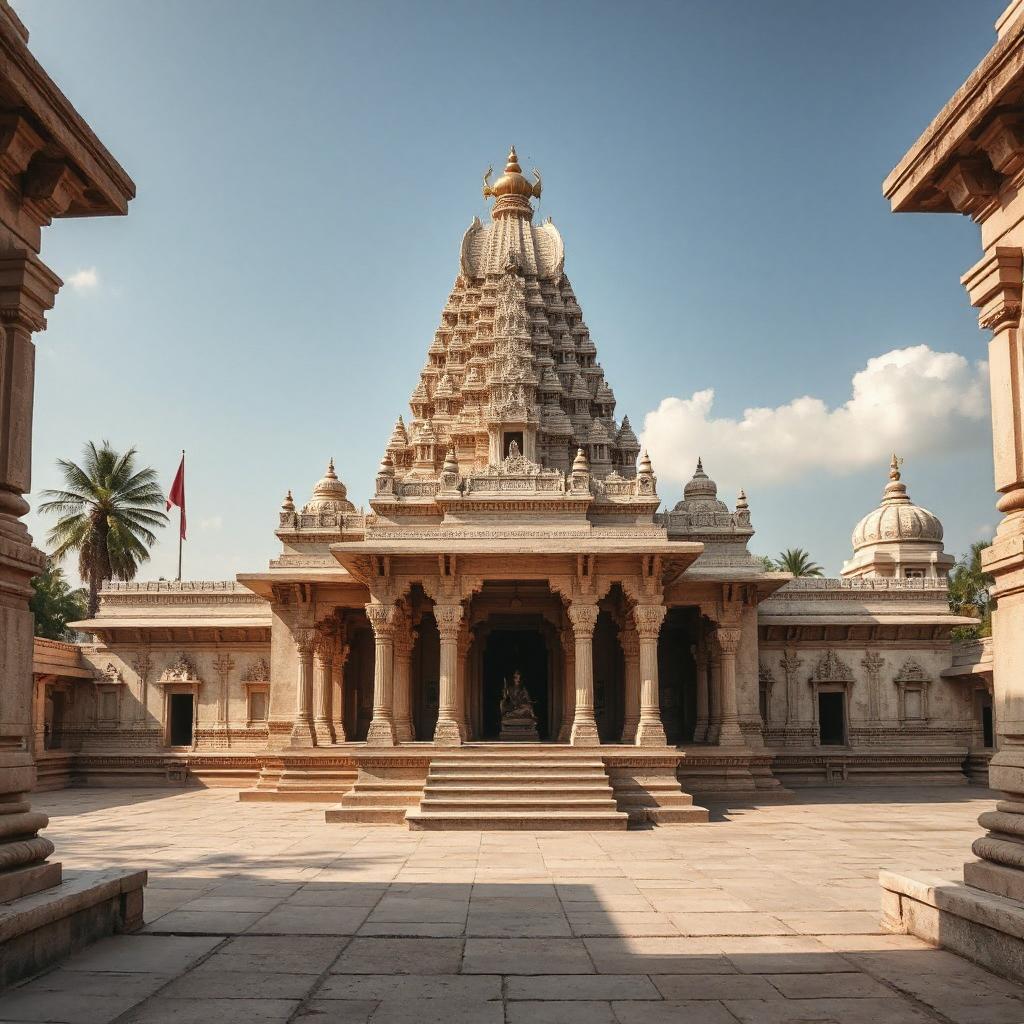
Mummification and Burial Rites – For the gods associated with the afterlife, elaborate burial rituals were performed, including mummification, to ensure a safe passage to the afterlife.
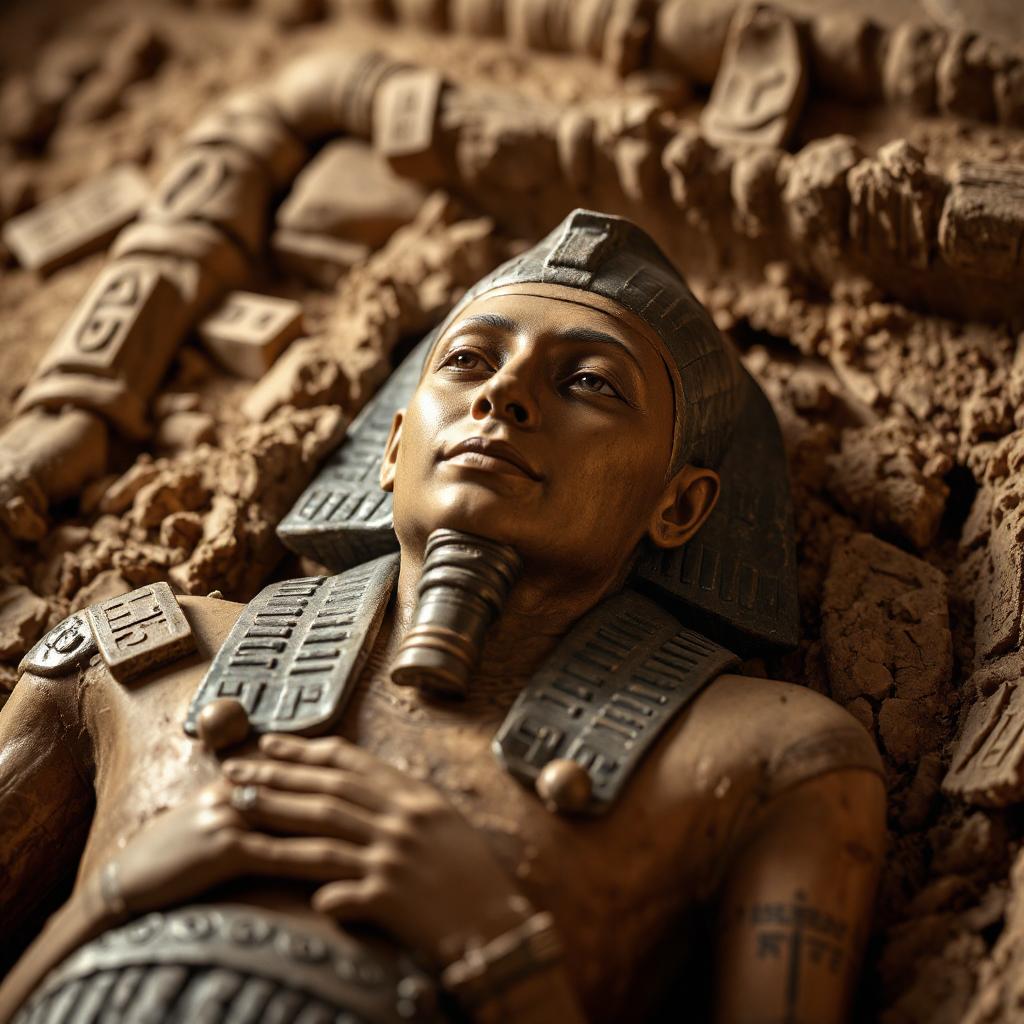
Festivals – Numerous festivals were celebrated throughout the year, dedicated to specific gods. These events included music, dance, feasting, and communal prayers, creating a sense of unity among worshippers.
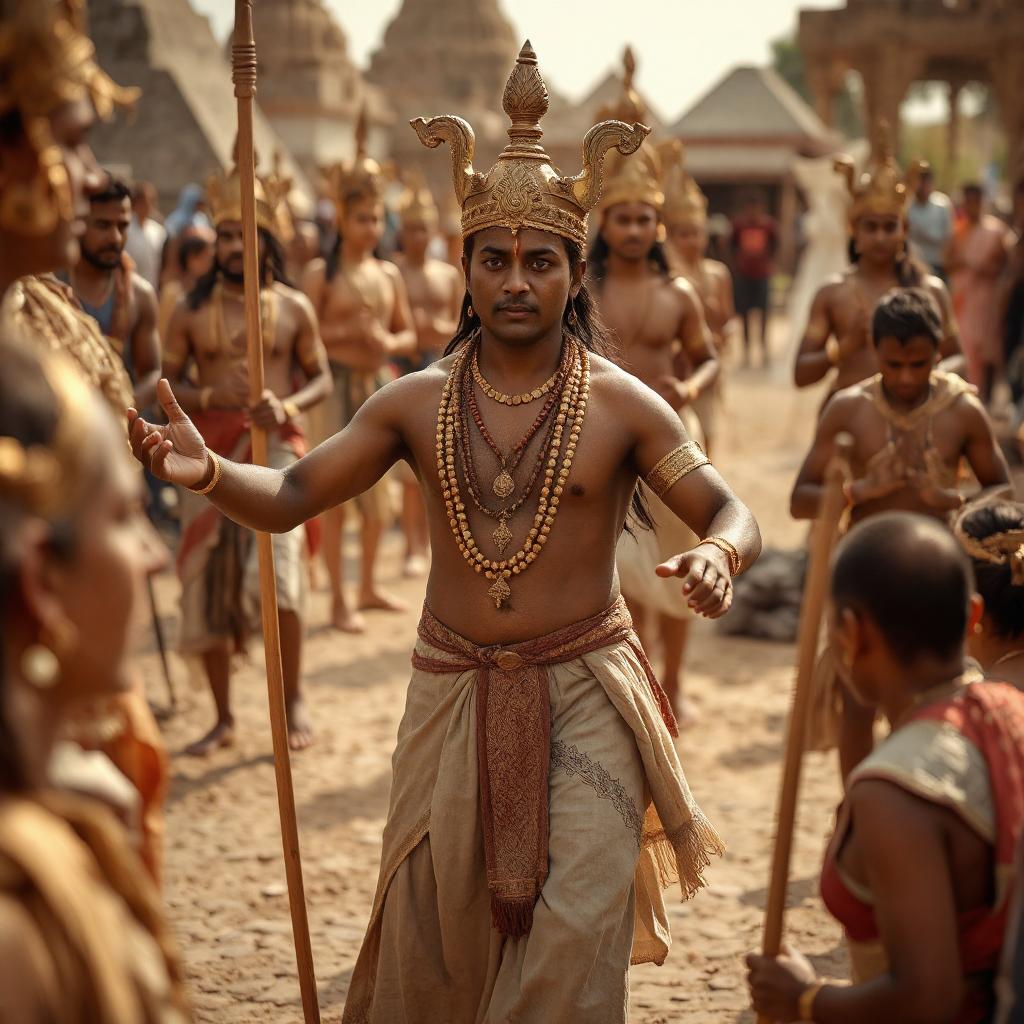
Sacrifices – Animal sacrifices were sometimes performed, particularly during significant festivals. These sacrifices were seen as a way to appease the gods and seek their protection.
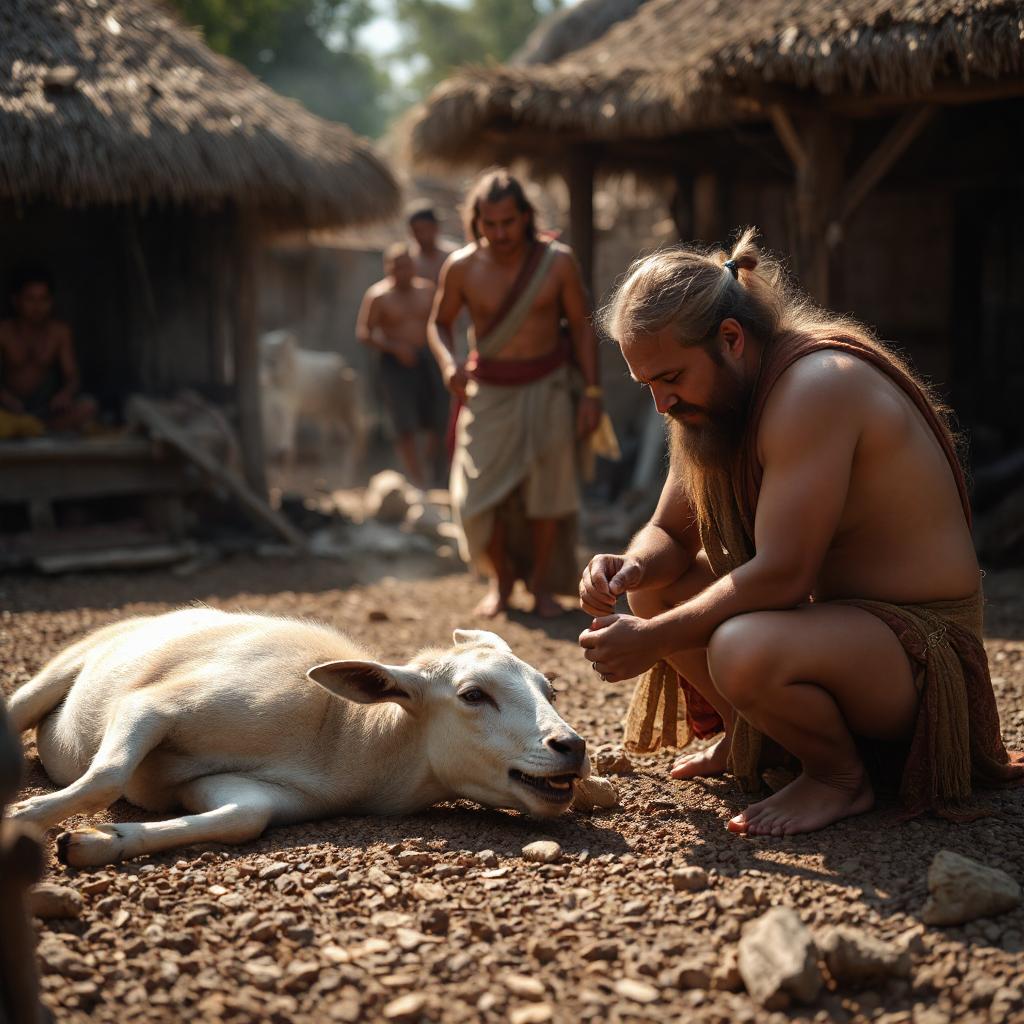
Invocation of the Gods – During rituals, priests would recite hymns and prayers, invoking the names of the gods and calling upon their presence to bless the offerings and the people.
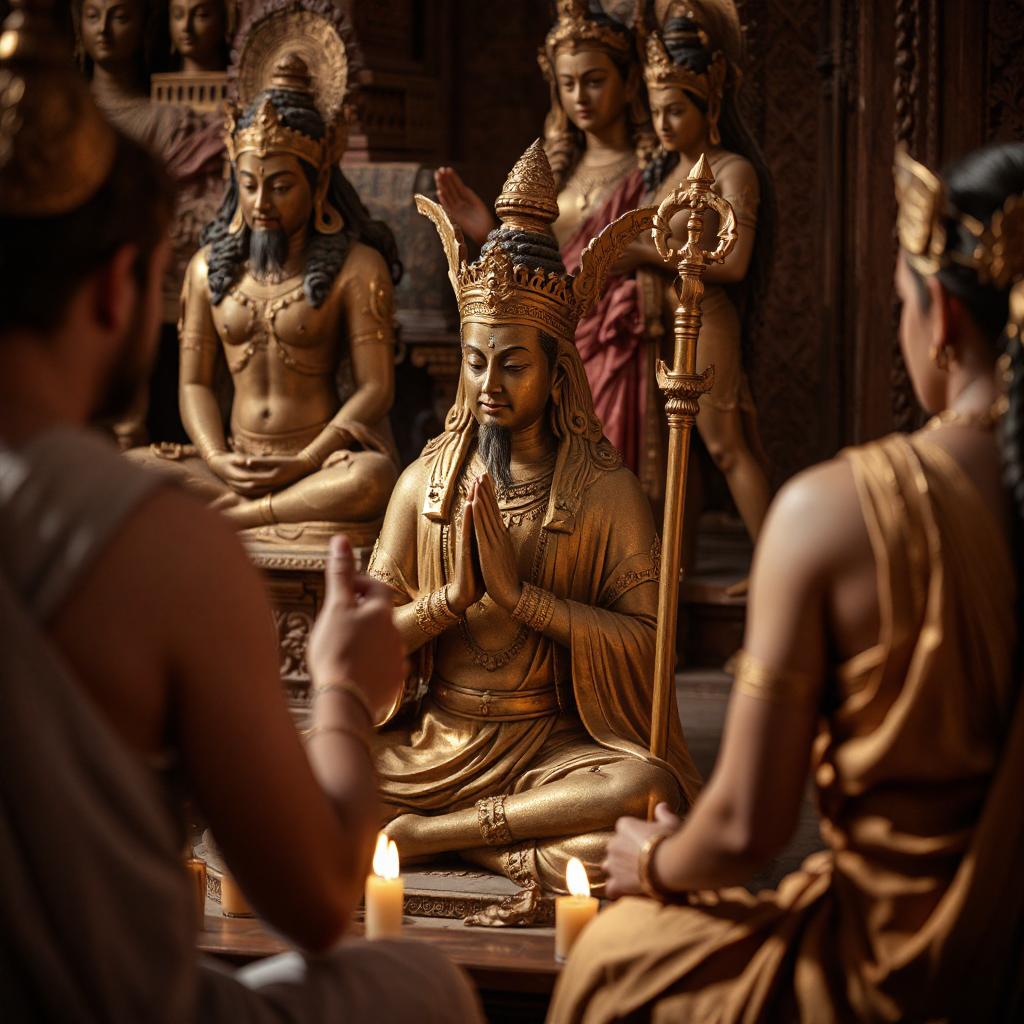
Processions – Festivals often included processions where statues of the gods were carried through the streets. This allowed the populace to pay homage and participate in the worship.
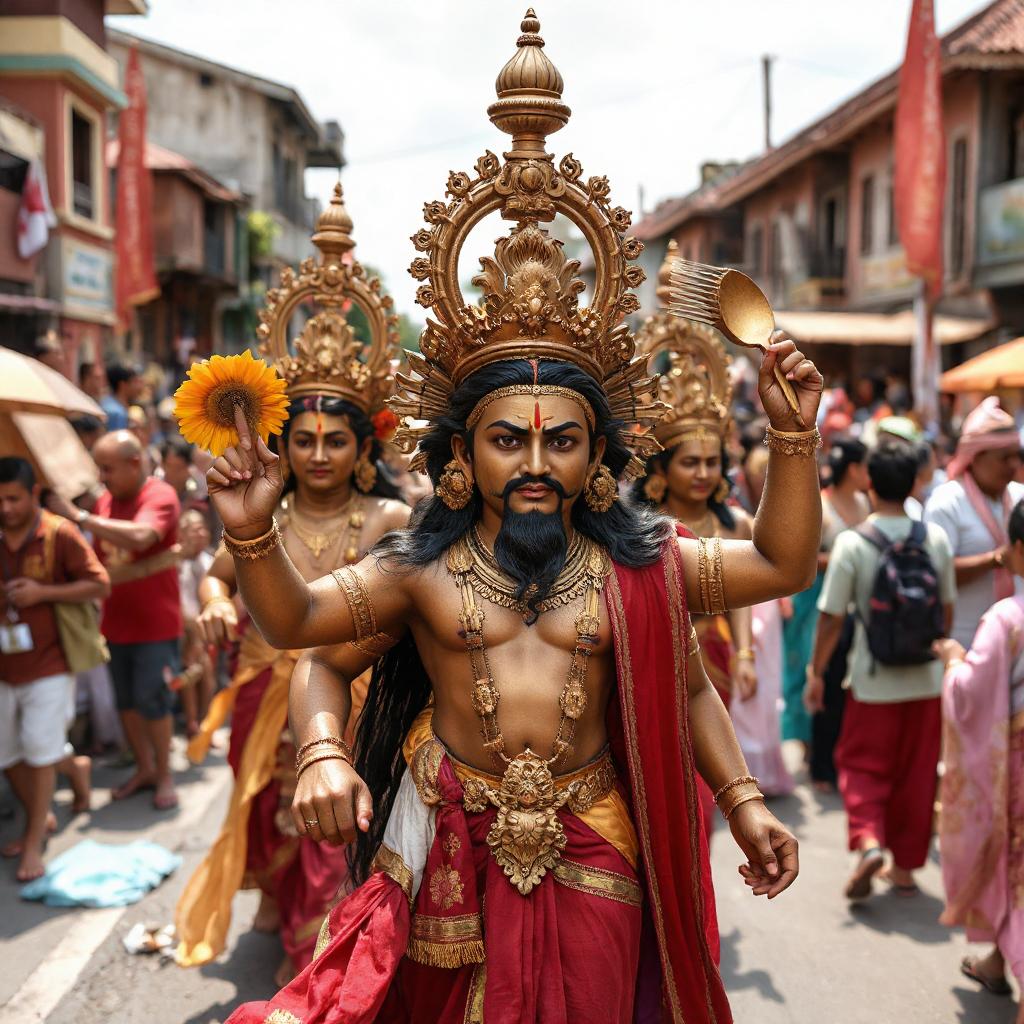
Ritual Cleansing – Before entering a temple, priests underwent purification rituals, which often included washing their hands and bodies, as well as wearing special garments to maintain ritual cleanliness.
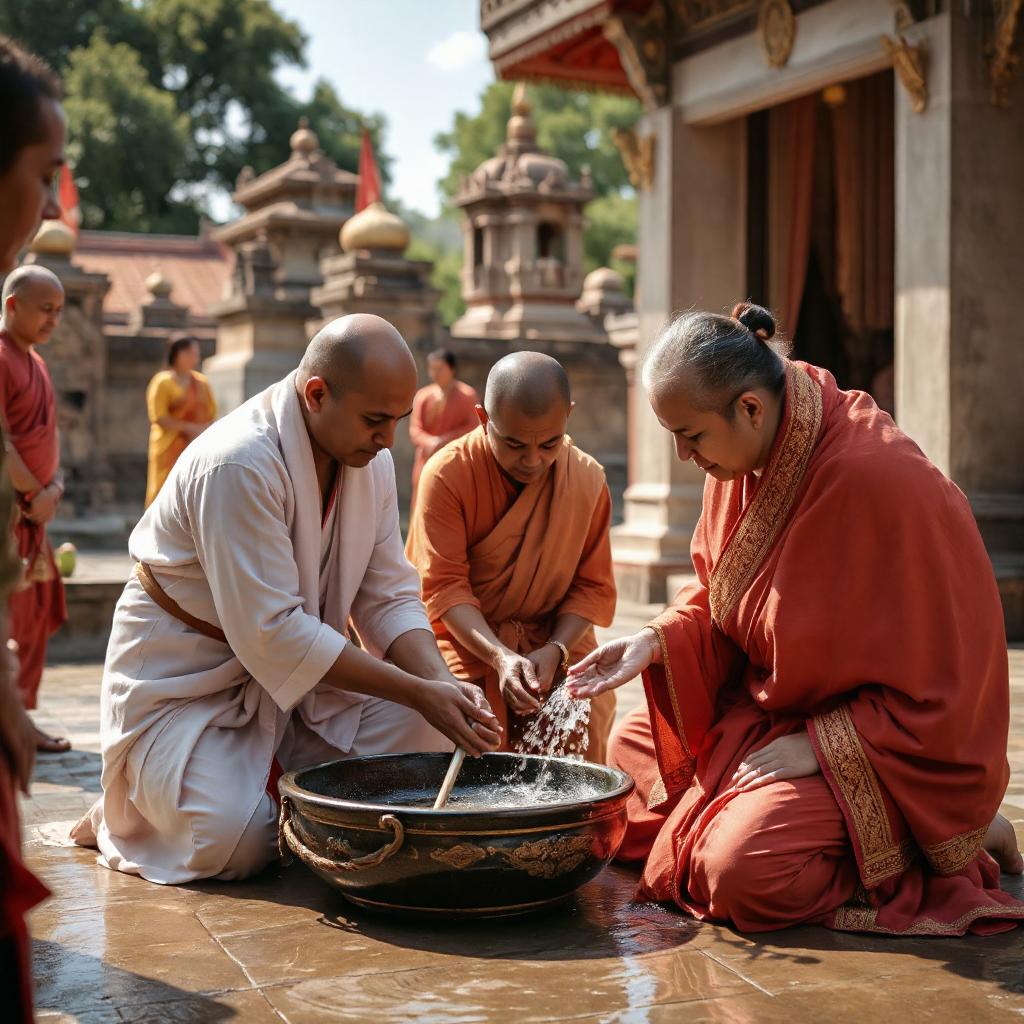
Daily Offerings – Priests would perform daily offerings at the temples, which included food, drink, incense, and flowers. These offerings were meant to nourish the gods and ensure their favor.
